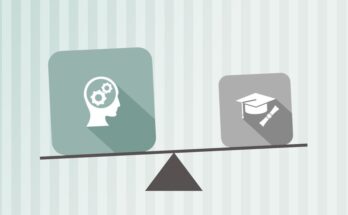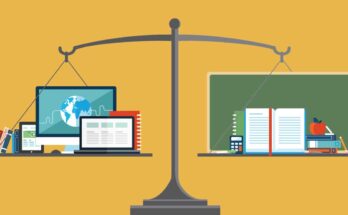In today’s fast-paced digital age, education is undergoing a remarkable transformation, primarily driven by the advancements in artificial intelligence (AI). One of the most promising applications of AI in education is personalized learning, a teaching approach tailored to each student’s individual needs, abilities, and learning styles. AI has revolutionized this concept by enabling educators and educational platforms to provide customized learning experiences on an unprecedented scale.
What is Personalized Learning?
Personalized learning focuses on adapting the educational journey to fit each learner’s strengths, weaknesses, and preferences. Traditional classrooms, with their one-size-fits-all approach, often struggle to accommodate students with different learning speeds and styles. This is where AI comes in, offering powerful tools to assess student performance, predict future challenges, and tailor content to match their learning paths.
How AI Powers Personalized Learning
AI systems can analyze vast amounts of student data, including test results, interaction patterns, and even how much time they spend on specific topics. Using this data, AI can build individual learning profiles for each student. These profiles help AI-powered platforms recommend relevant resources, suggest targeted exercises, and provide real-time feedback. For instance, if a student struggles with algebra but excels in geometry, the AI can focus more on algebra practice while reinforcing geometry concepts with advanced challenges.
Adaptive Learning Platforms
AI-driven adaptive learning platforms are at the forefront of personalized education. These platforms continuously adjust the difficulty and type of content presented to students based on their evolving progress. This dynamic adjustment ensures that students are neither overwhelmed nor bored, maintaining their engagement and motivation. Companies like Khan Academy, Coursera, and Duolingo leverage AI algorithms to offer adaptive learning experiences.
AI Tutors and Chatbots
Another significant contribution of AI to personalized learning is the development of AI tutors and chatbots. These tools provide 24/7 assistance to students, answering questions, explaining concepts, and engaging in interactive conversations. Unlike human tutors, AI tutors can instantly access vast knowledge bases and adapt explanations to suit individual learning preferences. This instant, personalized support makes learning more accessible and inclusive.
Benefits for Educators
AI doesn’t just support students — it also empowers educators. Teachers can use AI-generated insights to understand which students need extra help and which are ready for advanced materials. By automating routine tasks like grading and progress tracking, AI allows educators to focus more on mentoring, creativity, and fostering critical thinking in the classroom.
Challenges and Considerations
While AI offers immense potential, its implementation in personalized learning also comes with challenges. Privacy concerns around student data, the risk of over-reliance on technology, and ensuring equal access to AI tools for all students are important considerations. Moreover, personalized learning must balance technology and the human touch, ensuring that students still benefit from social interaction and emotional support.
Conclusion
The role of AI in personalized learning is reshaping the future of education, making learning more adaptive, engaging, and effective. By understanding individual needs and delivering customized learning paths, AI has the potential to unlock every student’s full potential. However, to realize its full benefits, it is essential to use AI responsibly, ensuring that technology enhances — rather than replaces — the essential human elements of teaching and learning.



